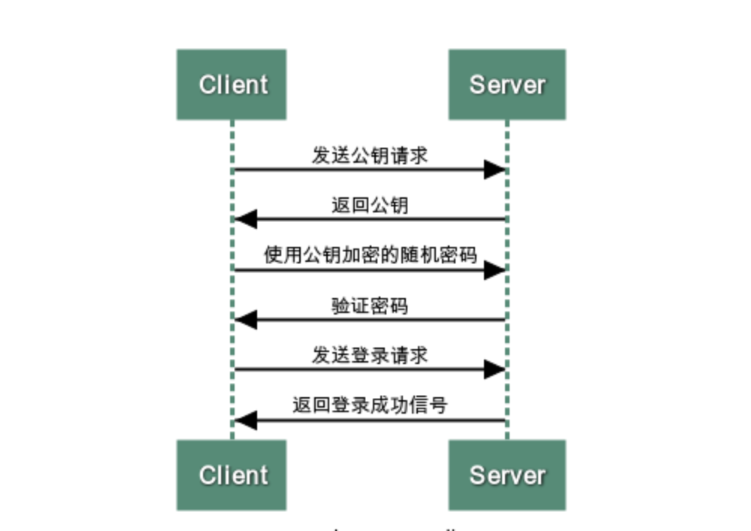之前写了很长时间的PHP,现在对PHP一些扩展以及swoole感兴趣,但是自己的c语言的基础太差几乎忘记一干二净。首先学一下c语言,c语言核心之一就是指针,所以这里应该记录一下这边学到函数指针,整理一下自己理解。
粗暴的理解,函数指针也是指针,只是存放了函数访问地址,函数名称可以理解为指针 ,涉及&与*互逆操作。程序员通过函数指针里面地址去访问函数,也就是调用函数!意味着如下代码是互等的:
1 2 3 4 5 (*pointer_foo_func)(10 ); pointer_foo_func(10 );
c语言如何定义函数指针 其实按照C语言规定,函数名本身就是指向函数代码的指针,通过函数名就能获取函数地址,同时也支持通过&获取函数地址,这一点比较特殊。也就是说调用函数可以如下:
1 2 3 4 5 6 7 8 9 void foo_func (int a) ;void (*pointer_foo_func)(int ) = &foo_func;void (*foo_func_ptr)(int ) = foo_func;if (foo_func_ptr == foo_func)
使用 1 2 3 4 5 6 7 8 9 10 11 12 13 14 15 16 17 18 19 20 21 22 23 24 25 26 27 28 29 30 31 32 33 34 35 36 37 38 39 40 41 42 43 44 45 46 47 #include <stdio.h> void foo_func (int a, void foo_func_call(int b)) ;void foo_func_call (int b) ;int main () { int a = 1 ; foo_funcf("函数名调用:\n" ); foo_func(a, foo_func_call); foo_funcf("函数指针调用:\n" ); void (*foo_func_p)(int a, void (*foo_func_call)(int b)) = &foo_func; (*foo_func_p)(a, foo_func_call); return 0 ; } void foo_func (int a, void (*foo_func_call)(int b)) { foo_funcf("input:%d \n" , a); foo_funcf("调用回调函数: \n" ); int b = 12 ; (*foo_func_call)(b); } void foo_func_call (int b) { foo_funcf("回调结果:%d \n" , b); }
可以通过typedef定一个函数类型简化调用
1 2 3 4 5 6 7 8 9 10 11 12 13 14 15 16 17 18 19 20 21 22 23 24 25 26 27 28 29 30 31 32 33 34 35 36 37 38 39 40 41 42 43 44 45 46 47 #include <stdio.h> typedef void (*func_type) (int b) ;void foo_func (int a, func_type) ;void foo_func_call (int b) ;int main () { int a = 1 ; void (*foo_func_p)(int a, func_type) = foo_func; printf ("函数名调用:\n" ); foo_func(a, foo_func_call); printf ("函数指针调用:\n" ); (*foo_func_p)(a, foo_func_call); return 0 ; } void foo_func (int a, void (*foo_func_call)(int b)) { printf ("input:%d \n" , a); printf ("调用回调函数: \n" ); int b = 12 ; (*foo_func_call)(b); } void foo_func_call (int b) { printf ("回调结果:%d \n" , b); }
